Exercises for Pelvic Floor Health

Posted September 19, 2022
Common Causes of Pelvic Floor Pain
Nearly one-fourth of people experience a pelvic floor disorder within their lifetime. The pelvic floor consists of the muscles and connective tissues that contain the pelvic organs including the bladder, rectum, and reproductive organs. These muscles run from the front of the hips to the base of the spine. You can think of the pelvic floor as the divider from your torso to your legs.
Common pelvic floor disorders you may have heard of are urinary or fecal incontinence, pelvic floor dysfunction, and pelvic organ prolapse. These conditions are caused by pelvic floor muscle weakness or even overworked muscles which cannot relax. Pregnancy also causes pelvic floor issues as it causes tremendous stress on the muscles and ligaments of the pelvic floor region from added weight and hormones relaxing the pelvic floor for childbirth.
People who have had added stress or who are inactive are at risk to develop pelvic floor issues. Anecdotally, some pelvic floor experts have seen an influx of patients during the pandemic with new or worsening pelvic floor problems related to working from home and heightened levels of stress and anxiety.
“The combination of stress and then just sitting and not getting up to go to do those different activities throughout your workday definitely seem to have contributed to people’s symptoms,” said Alicia Jeffrey-Thomas, a pelvic floor physical therapist at Greater Boston Urology. Pelvic floor conditions cause discomfort, prevent normal muscle activity, and alter the function and the orientation of the reproductive, urinary, and digestive organs.
Signs & Symptoms of Pelvic Floor Discomfort
There are many signs to look out for regarding pelvic floor dysfunction. A sign may be frequent accidents due to the inability to get to the bathroom on time. You may have pelvic floor dysfunction if you are unable to cough, sneeze, or laugh without urinating. These problems point to poor control of the bowel and bladder, which are regulated by the pelvic floor muscles.
On the contrary, due to the inability to relax the floor and coordinate muscle activity, people may struggle with constipation or the inability to urinate. People who have a prolapse of the digestive or reproductive organs may notice that tissue is pushing down through the vagina or the anal opening, which causes discomfort.
You may be wondering why a pelvic floor disorder would begin, which can be partially explained by a few risk factors. People who have a complicated labor/delivery, a history of abdominal surgeries, who are overweight, have a chronic cough, are of older age, who have a history of constipation, and who lift heavy things often are more at risk of pelvic floor disorders.
People who have a history of endometriosis, irritable bowel syndrome, avoiding bowel movements, and bladder inflammation can all affect the strength or cause pain in the pelvic floor.
Looking for a physical therapist near you?
How a Pelvic Floor Physical Therapist Can Help
Pelvic floor dysfunction physical therapy is the answer if you are having pelvic pain or problems controlling your bowel and bladder. Your physical therapist will examine the strength and function of the muscles surrounding your pelvic floor and give you a personalized exercise program to address your issue.
You will also work to strengthen the muscles that support the pelvic floor, the abdominal muscles, the hips, and the buttocks. You may have heard of Kegel’s to strengthen the pelvic floor as a fix-all method. Kegels are not right for everyone, especially those with a pelvic floor that won’t relax!
Exercises That Support Your Pelvic Floor
Bridging involves using the glutes, deep core muscles, called the transversus abdominis, and the pelvic floor to contract together and support the pelvic floor.
Core stability exercises such as a heel slide are also helpful. With a heel slide, you must lay on the floor, tighten your deep core by drawing your ribs down toward your spine, and hold this position while you slide one heel at a time toward your body.
Diaphragmatic breathing is an important way for pelvic floor muscles that are overworked to relax, and has been proven to reduce stress and anxiety as a daily practice. To breathe through the diaphragm, you should place one hand directly below your ribs and direct your breath to your hand while breathing slowly in.
Pelvic floor physical therapy exercises aim to achieve balance in muscle activity of the pelvic floor and often require an examination to discover the most important exercises. If you or someone you know has an issue with their pelvic floor, please see a pelvic floor physical therapist today so you can live normally again.



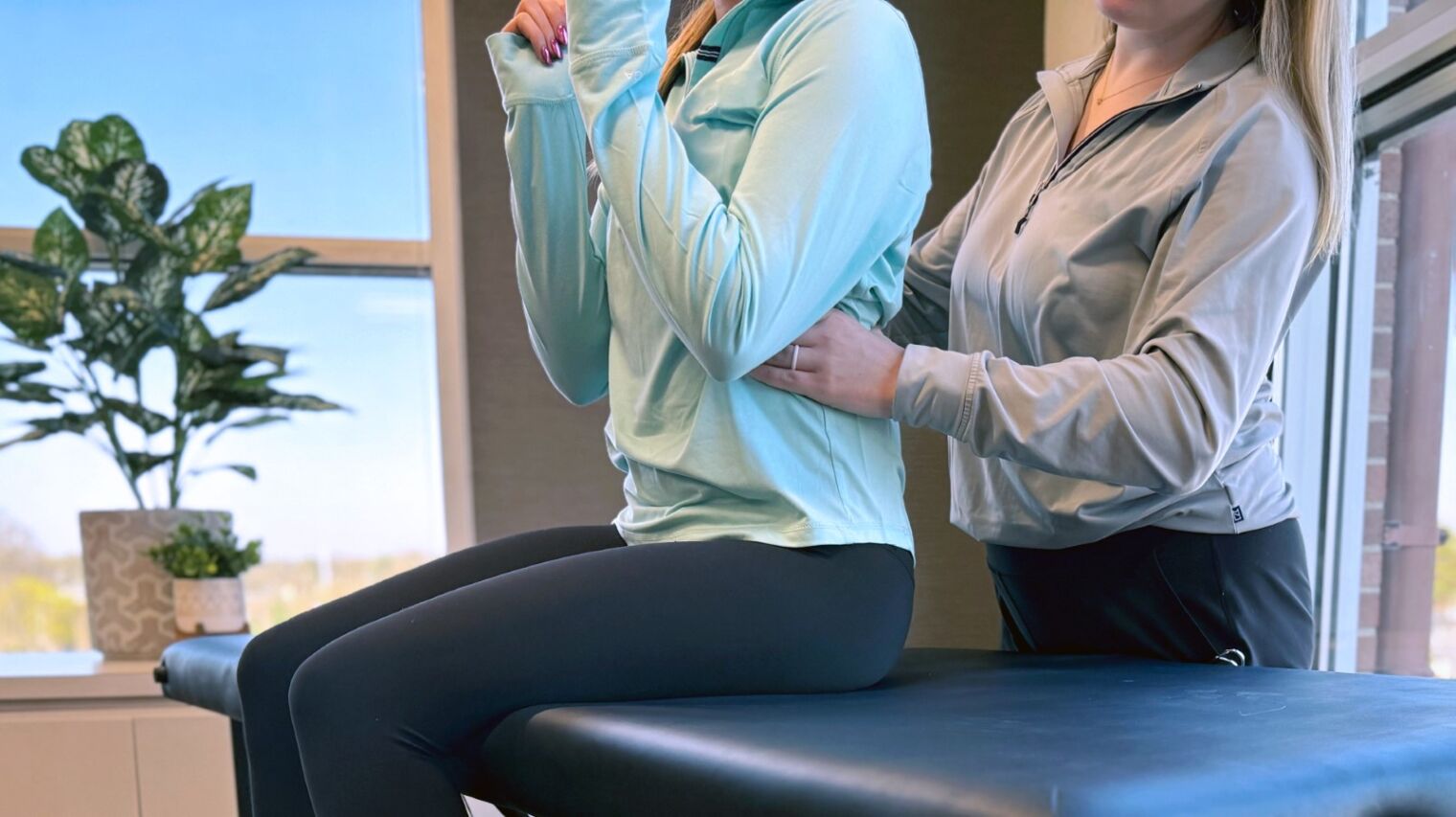





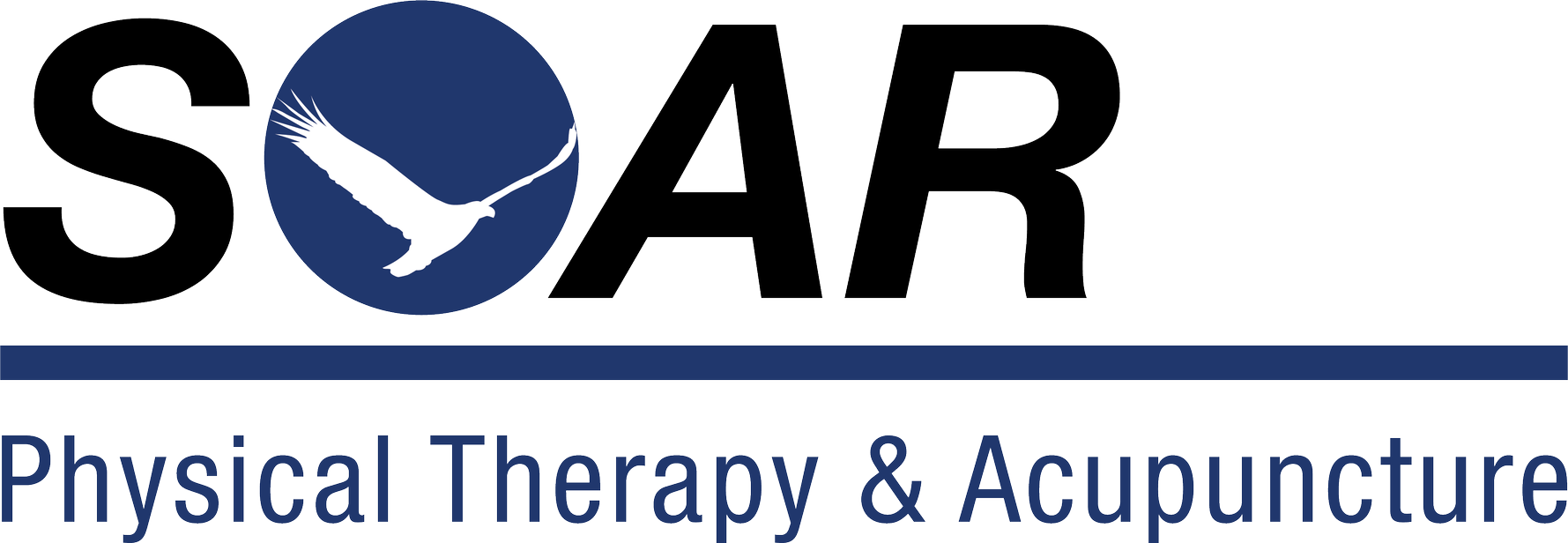

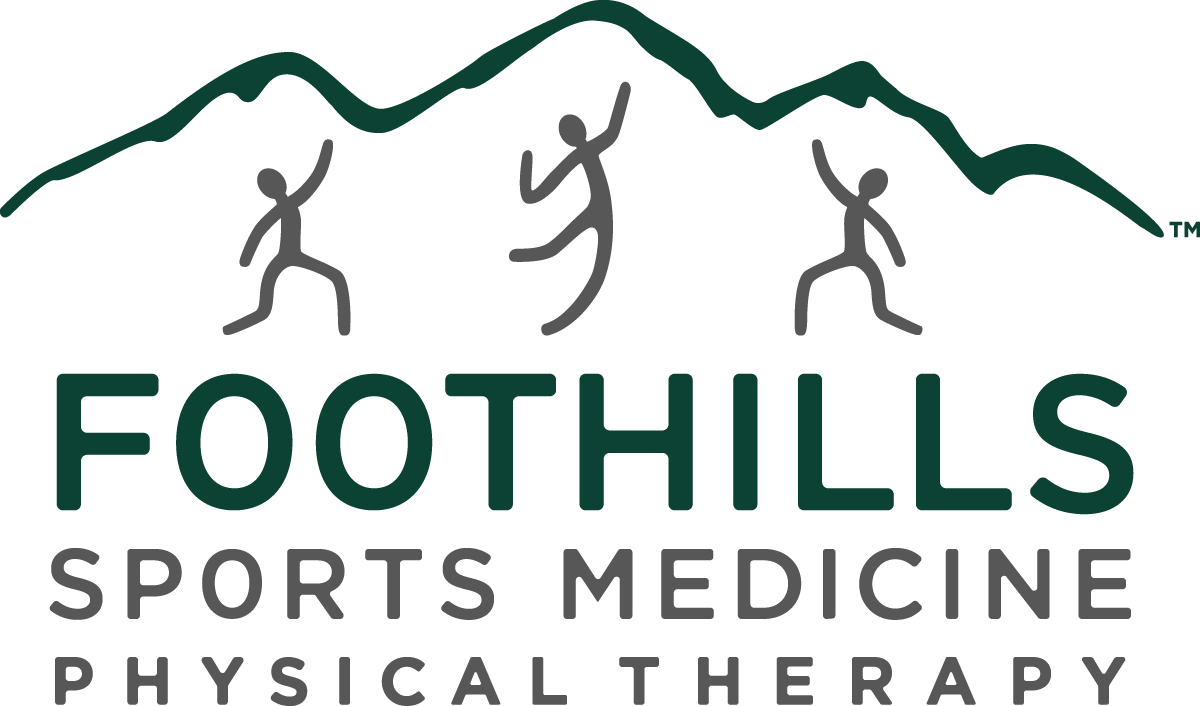
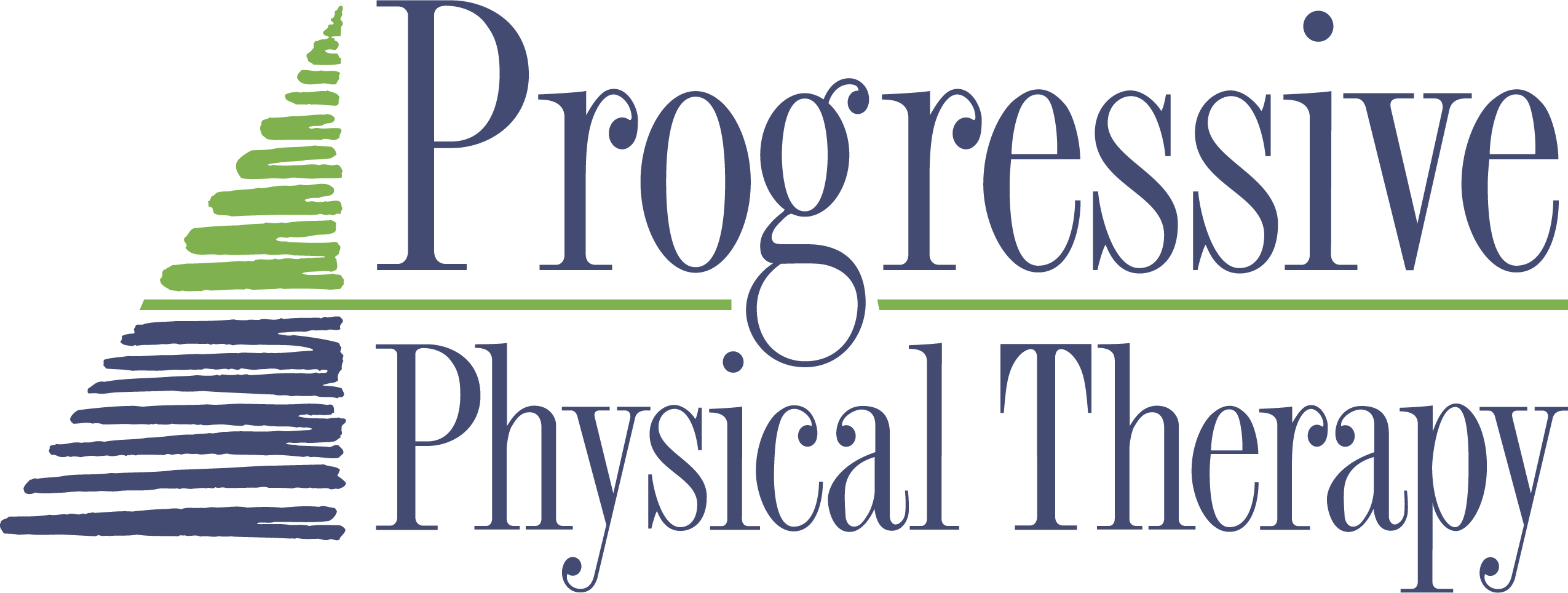

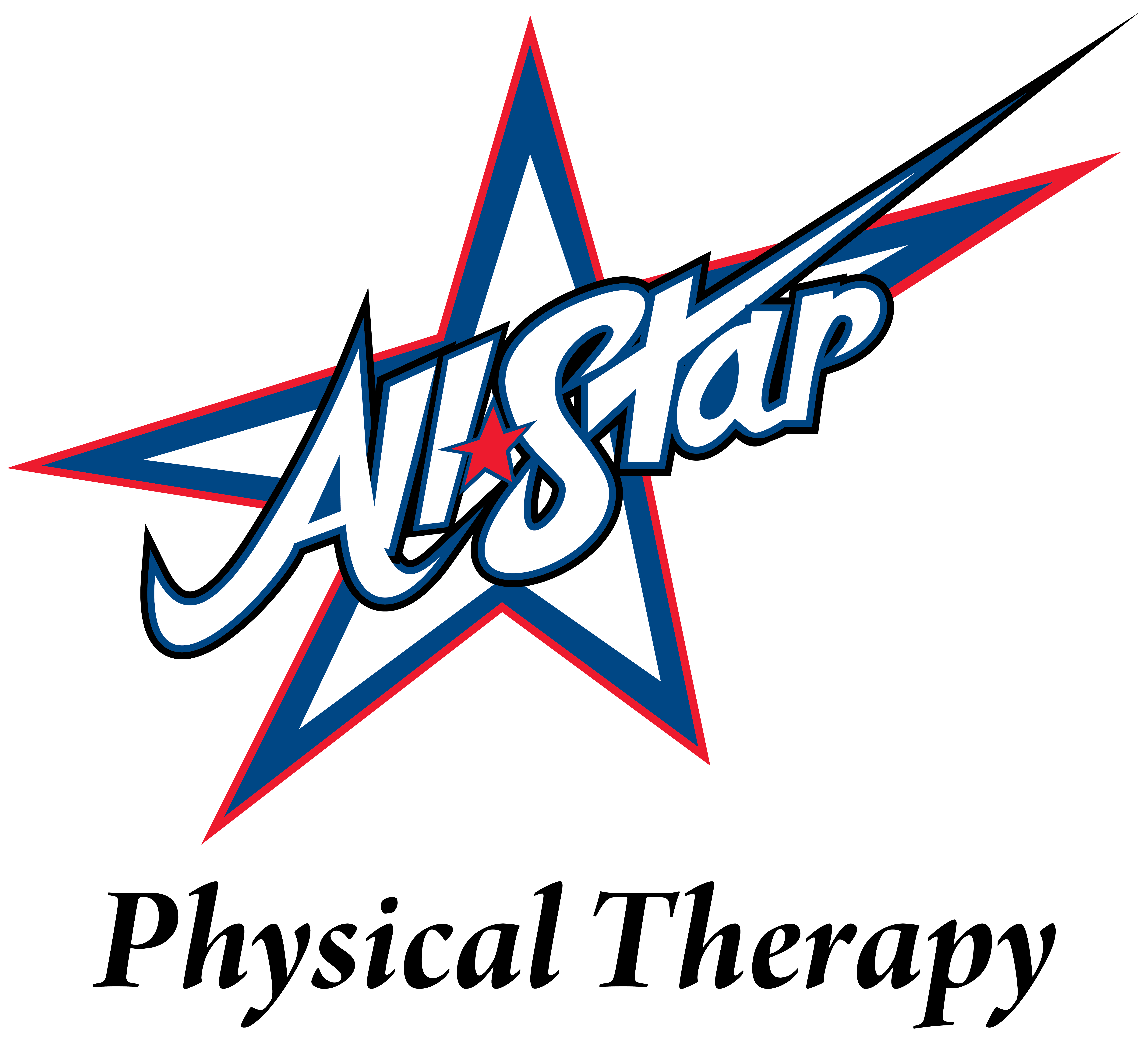




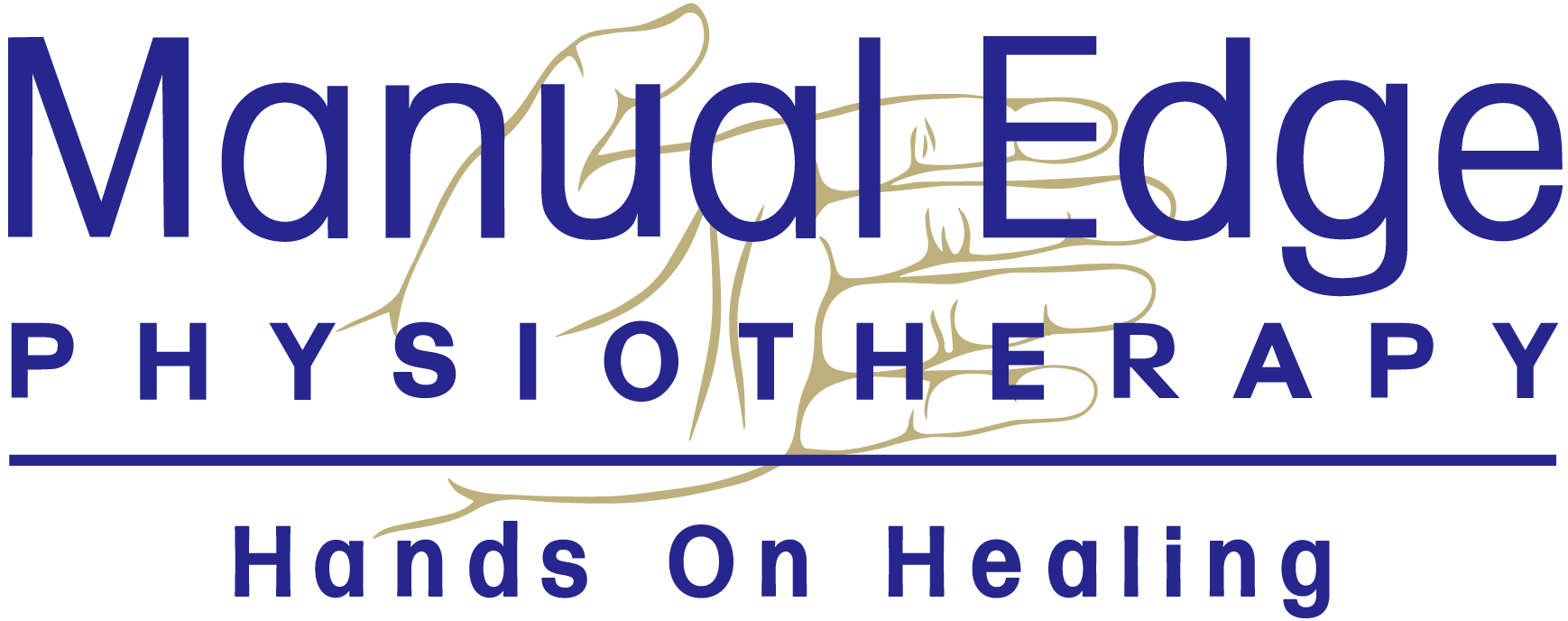
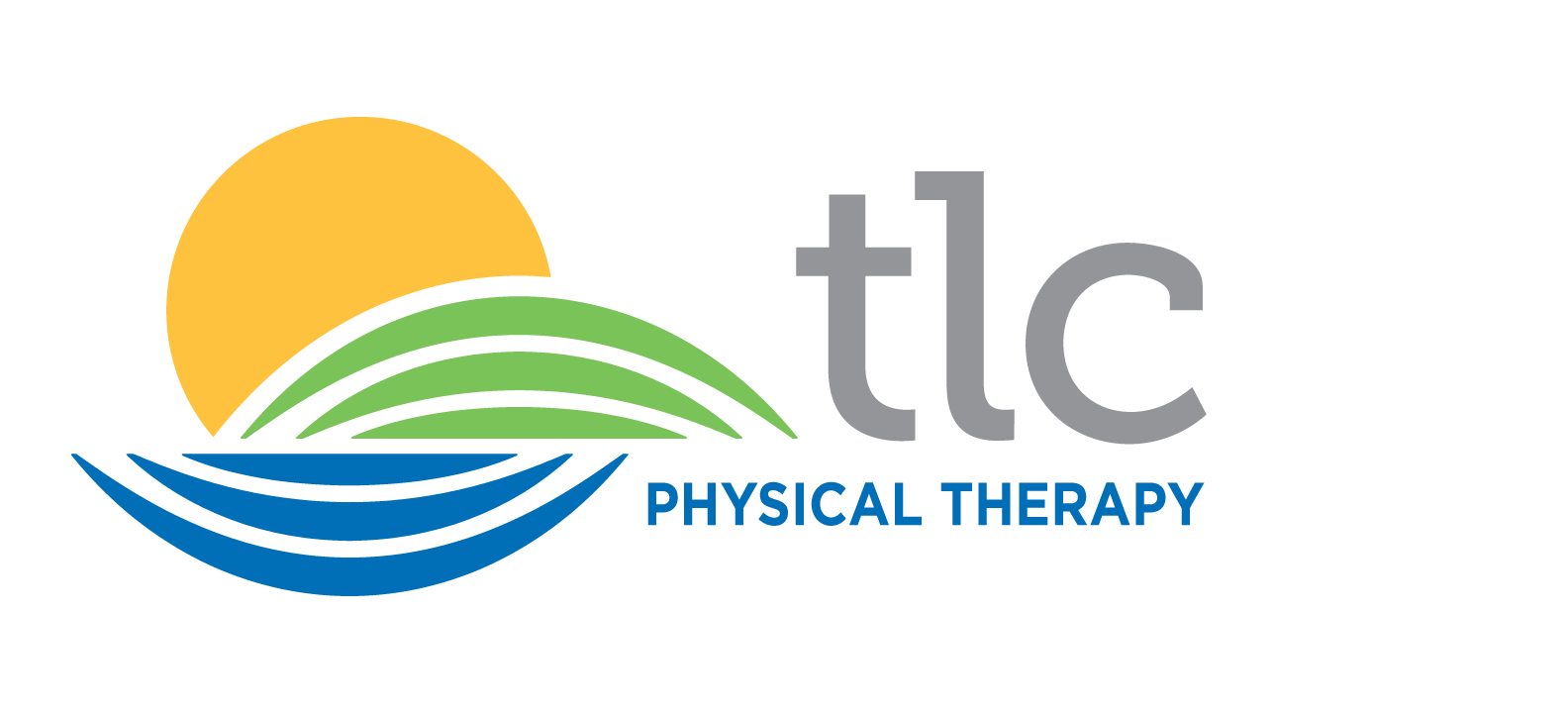
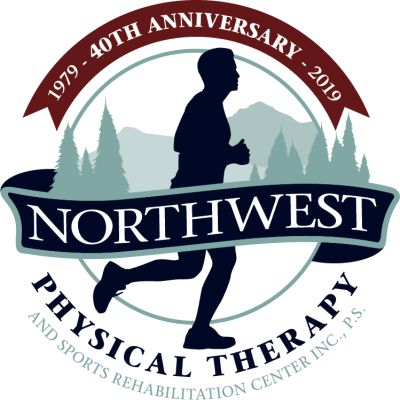





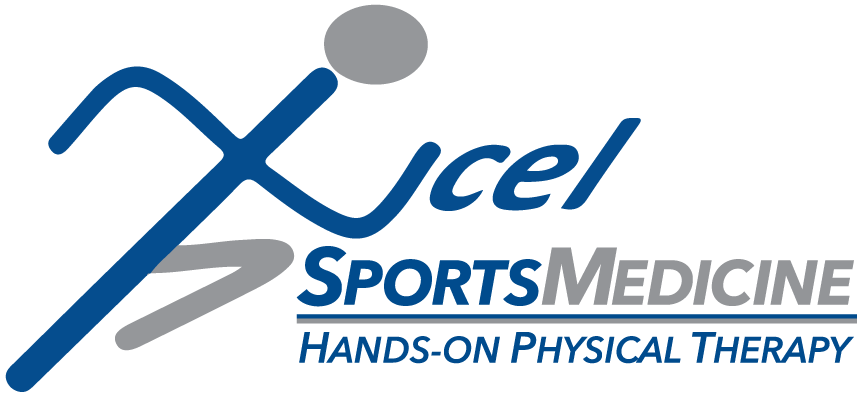



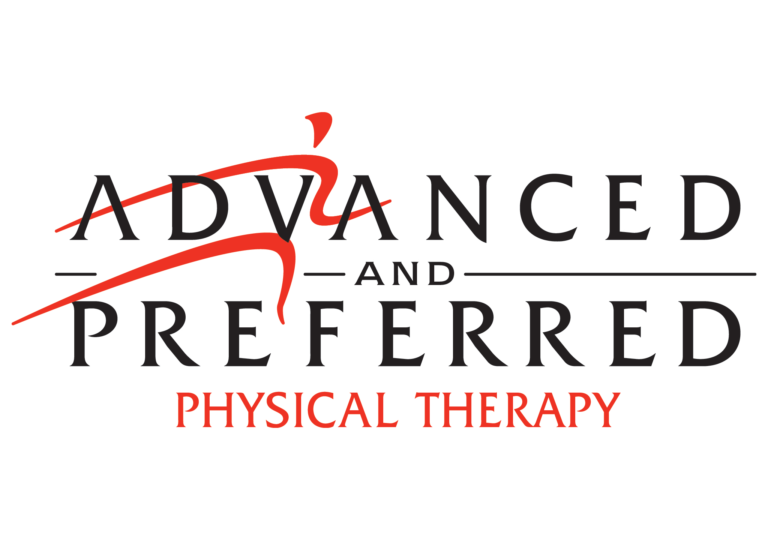



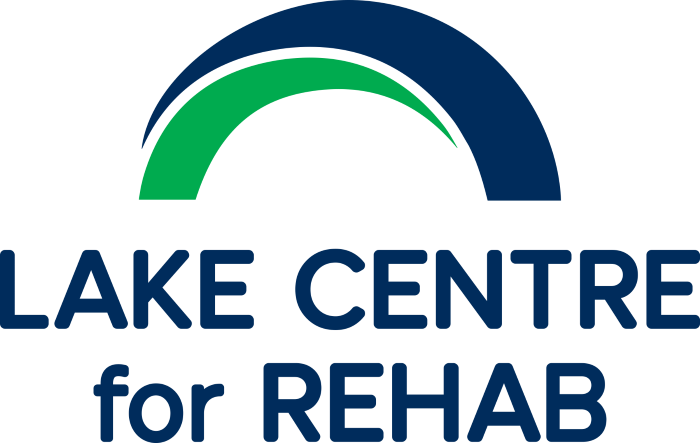


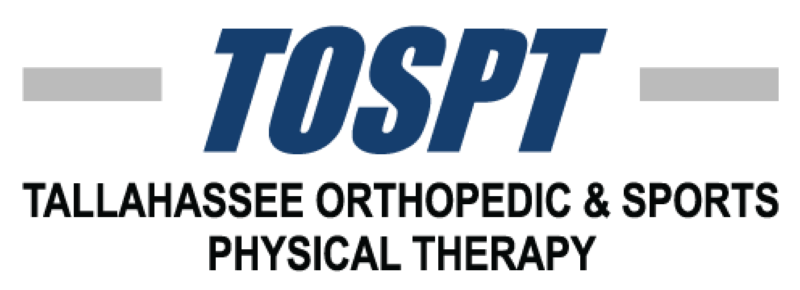






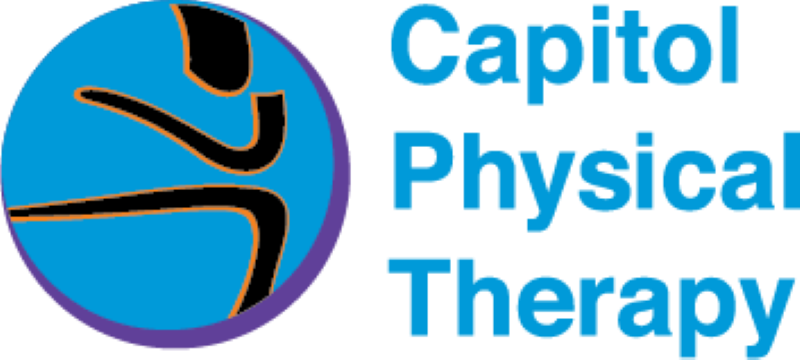






 Director of Marketing, Training and Professional Development
Director of Marketing, Training and Professional Development Marketing Consultant | Boutique Partners
Marketing Consultant | Boutique Partners Digital Marketing Specialist
Digital Marketing Specialist Digital Marketing Manager
Digital Marketing Manager Senior Graphic Designer
Senior Graphic Designer Content Production Manager
Content Production Manager Graphic Designer
Graphic Designer Senior Director of Partner Growth
Senior Director of Partner Growth Hive Marketing Liaison
Hive Marketing Liaison Digital Marketing Campaign Specialist
Digital Marketing Campaign Specialist Marketing Analyst
Marketing Analyst VP Brand Communications
VP Brand Communications  Web Designer
Web Designer Marketing Communications Specialist
Marketing Communications Specialist PR + Communications Manager
PR + Communications Manager Senior Director, Consumer Media Group
Senior Director, Consumer Media Group